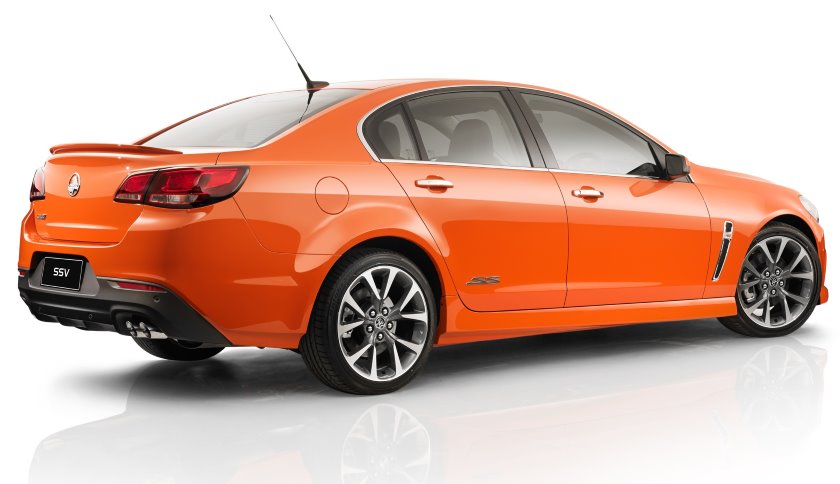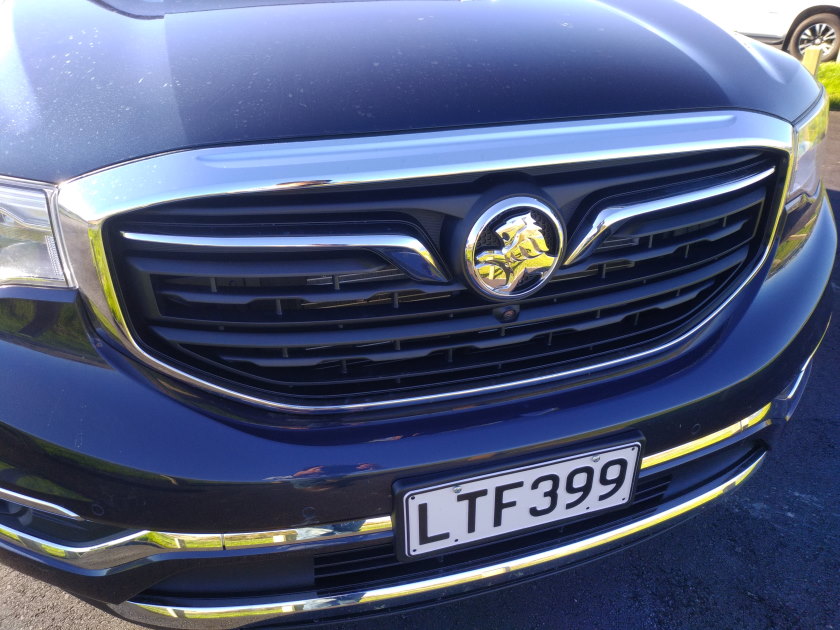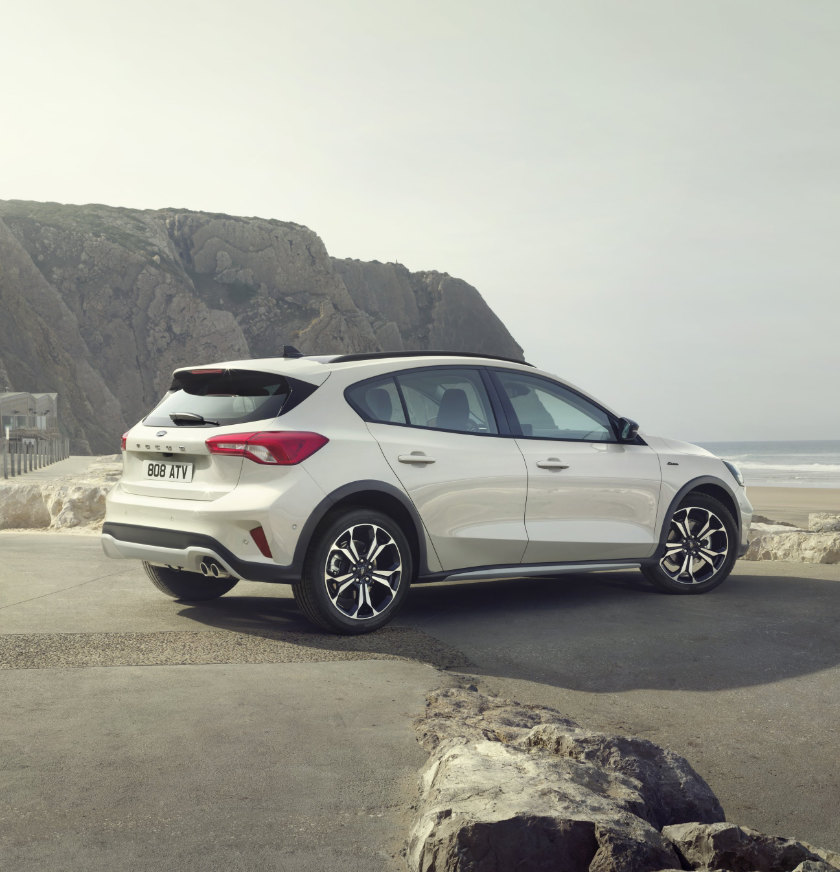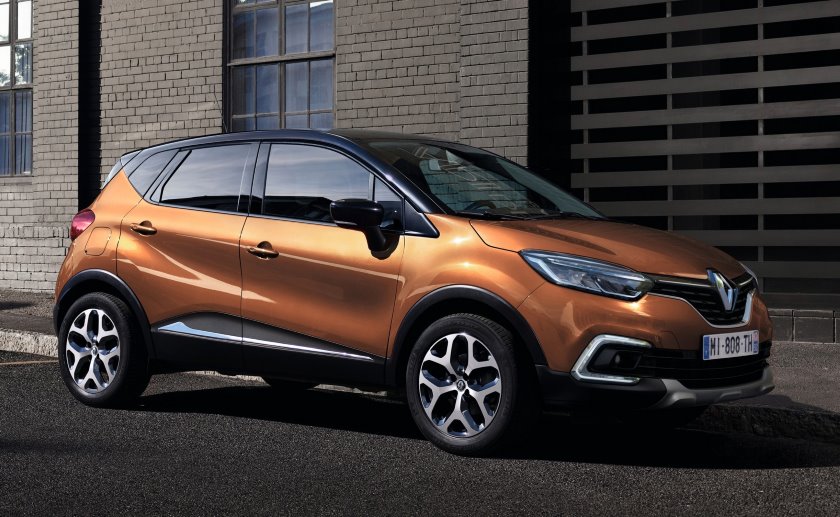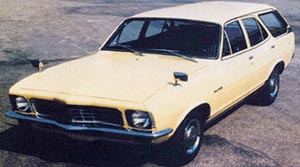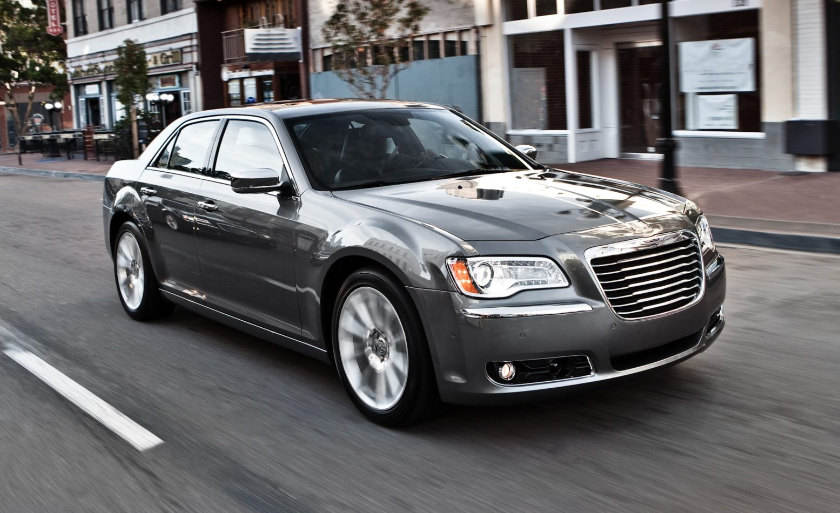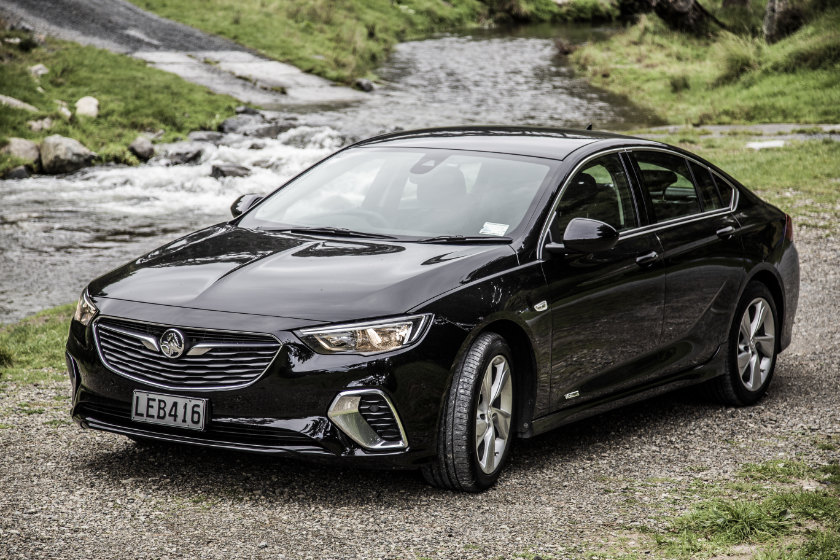
Stuart Cowley for Lucire
I haven’t spoken to Holden New Zealand to see if we’re following suit, but as far as Australia’s concerned, 2020 will be the final year for the Astra and Commodore, as Holden transitions to selling only trucks (utes) and SUVs.
Here we are, with its most competitive C- and D-segment models for a long time, and Holden decides to abandon them.
New Zealand did briefly chart its own course recently with the Holden Spark, which it secured supply for even after its cancellation in Australia, but it’s unlikely to depart from what’s happening in Australia.
Beyond the obvious question of ‘What will the cops drive now?’ it’s a sad development for a brand that’s been part of the Australasian motoring landscape for decades, even before 1948 if you count the Holden coachbuilt bodies before the war.
Holden points to the rise in truck and SUV sales and the decline in passenger car ones, and, unlike Ford, it can’t blame a lack of marketing for them—over here, it’s been fairly consistent in promoting each one of its lines.
Over in Australia, Holden sales collapsed when domestic production ended, but in New Zealand, where we have no such allegiance to ‘Buy Australian’, I saw some reasonable sales’ figures for the Opel Insignia B-based Commodore. And it is a good car.
The chief reason, I imagine, is that after GM sold Opel to PSA, which seeks now to merge with FCA, it didn’t really want to buy cars off a competitor. And PSA really didn’t want to be paying royalties off each car it sold back to GM. Basically, the supply chain ain’t what it used to be.
By 2021, PSA will launch a new Astra based on a platform to be shared with the third-generation Peugeot 308, and Insignia B’s days are numbered, too, as it transitions that to a PSA platform (if PSA doesn’t just cancel it altogether). GM would earn nothing from this 2021 model, so there would be no point going forth with it.
GM has also killed off the Cruze in Korea, the US and México, leaving Argentina the only country that still makes it, so it wasn’t as though it had anything else in the C-segment that it could bring in to Australasia. Many of its Chinese-market models are on the GEM platform, regarded as too basic for our needs, and there seemed to be little point to getting them complied with our standards or having them engineered for right-hand drive. Basically, there isn’t an alternative.
This frankly strikes me as all a bit defeatist, not unlike Ford’s decision to kill off all passenger car lines (bar Mustang) in the US a few years ago.
Toyota will have you know that the C- (Corolla) and D- (Camry) segments are doing quite well for them, and they are quite happy to pick up some conquest sales from the Americans.
I’m not sure if ‘We’re not doing that well there. Oh well, let’s give up,’ is much of an attitude to adopt when certain segments could reignite as consumer tastes shift. And if one really wanted to compete—if there was a will—then one could.
What I fear is that GM isn’t Mystic Meg and even though my previous post was in jest, there is a serious point to it: people might wake up to the big frontal areas and poor aerodynamics and high centres of gravity and general irrelevance and inefficiency of the SUV for everyday use. I mean, I still can’t reconcile people complaining that petrol prices are too high while sitting in a stationary SUV with the engine on awaiting someone, anyone, to leave a spot so they can park right outside the shop they wish to go to. While claiming they are concerned about the planet. I have a C-segment car because I do think petrol is expensive. And even if you had an electric-powered SUV, you’re still affected by the laws of physics and your charge won’t go as far if the aerodynamics are poor. I thought we got all these lessons in the 1970s and 1980s.
Just as I warned that killing Plymouth was a mistake for DaimlerChrysler—because recessions can come and people want budget brands—I question whether becoming the vendor of ‘Australia’s own truck’ is a smart tactic. There are some segments that have a base level of demand, or so I thought.
Of course, this leaves PSA to do the inevitable: launch Opel as a brand in this part of the world.
Opel CEO Michael Lohscheller said as much when PSA bought the firm, and while his eyes were probably on China, they could apply equally here.
I realize Opel flopped in Australia when an attempt was made a few years ago, but unlike Australia, Opel has a reasonable history here, with its Kadett GSis and a full line of Vectra As sold in the 1980s and 1990s. Kiwis know that the Opel Vectra and Holden Vectra are part of the same lineage. And I have to wonder if the brand, with its German heritage, would do well here.
Imagine the scenario where Opel launches here in 2022 with not just Astra and Insignia (because Kiwis love their D-segment wagons, unlike the UK), but with the Crossland X and Grandland X as well.
They’d have the goodwill of the Astra name (just as GM predicted), and there may be enough Kiwis who have positive impressions of their Vectra As. Even our family one sold recently to a South Islander after my friend, who bought it off me, decided to part ways with it. Mechanics still think highly of the Family II units those cars had.
And somehow, I think being independent of GM is a good thing in this case—no conflict of interest, no wondering whether Mokka might cannibalize Trax, resulting in stunted marketing.
The new design language is looking sharp and I think it would find favour among New Zealanders who are currently buying Volkswagens and Škodas. They’d also be a darn sight more reliable, too.
If you’re thinking the market is too crowded, remember VW didn’t think so when it determined SEAT could have another crack in the late 2010s.
I can’t be alone in thinking this—certainly Australian media were speculating if Inchcape could bring Opel in to their country this time last year. Who’ll take it on?
